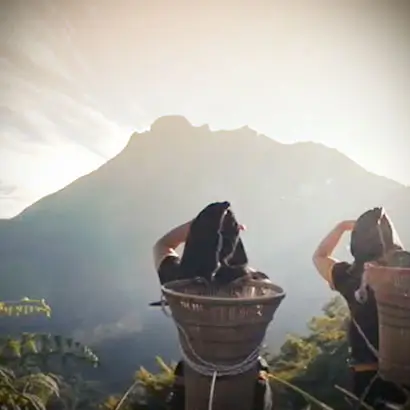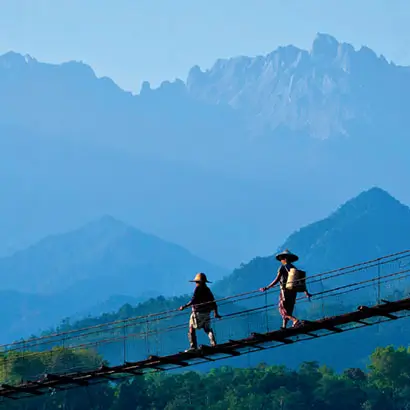

The 14th Southeast Asian Biosphere Reserve Network Meeting aims to convene regional and international stakeholders to discuss and deliberate on the theme "Envisioning People in Biosphere Reserves Living in Harmony with Nature." Biosphere Reserves play a critical role in conserving biodiversity, promoting sustainable development, and fostering harmonious coexistence between humans and the environment. This meeting provides a platform for sharing experiences, best practices, and innovative approaches that enhance the well-being of communities while safeguarding the ecological integrity of these vital areas.
UNESCO's Man and the Biosphere (MAB) Programme is an intergovernmental scientific programme aiming to set a scientific basis for the improvement of the relationship between people and their environment globally. For implementation of its interdisciplinary work on the ground MAB relies on the World Network of Biosphere Reserves.


As of June 2023, the MAB Programme’s World Network of Biosphere Reserves (WNBR) comprised 748 biosphere reserves in 134 countries, including 23 transboundary biosphere reserves (TBR). Today, around 280 million people live in biosphere reserves across the world. The WNBR constitutes an important instrument for research and experimentation, local knowledge- and practice-based sustainable development, and the global sharing of experience.
Every 10 years, an international meeting of the MAB Programme and the WNBR is held to take stock of the development of the programme and the network in the last phase and formulate a development strategy and action plan for the next stage in combination with the external situation. So far, it has been held in Minsk, Seville, Madrid and Lima.
During the 4th World Congress of Biosphere Reserves (WCBR), held in Lima, Peru, launched the Lima Action Plan (LAP) for Biosphere Reserves for 2016-2025, complementing the MAB Strategy 2015-2025 and detailing how MAB through the WNBR will make a targeted contribution to the achievement of the 2030 Agenda and the SDGs. The 5th WCBR will be held in Hangzhou, China in 2024 in which it will review the current strategy as well as develop a new ten-year strategy which will be called Hangzhou Strategy for the Biosphere Reserves Network around the world. Therefore, it holds great significance for the network's member states to assess their advancements and the fulfillment of the Lima Action Plan. Best practices and management strategies are expected to be shared in this meeting.
Finally, the meeting will also commemorate the International Day of Biosphere Reserve (IDBR) which is celebrated every 3 November. IDBR is an annual event celebrated globally to raise awareness about the importance of Biosphere Reserves in conserving biodiversity and promoting sustainable development. These unique areas represent models for harmonious coexistence between people and nature, showcasing innovative solutions to today's pressing challenges. IDBR is to be commemorated at national and local levels through activities and events that contribute to a better knowledge of the role and impact of biosphere reserves.